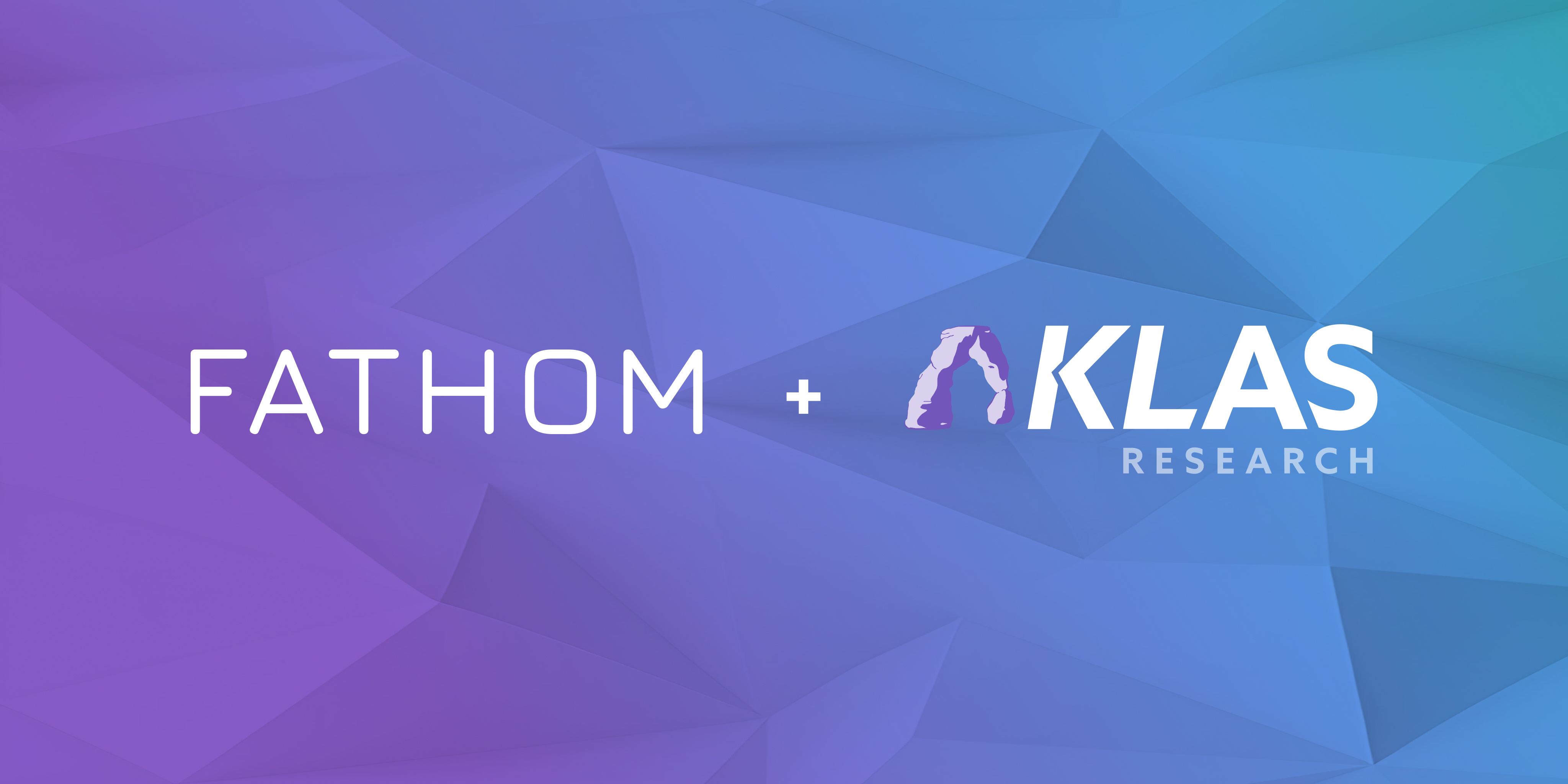Increase scalability and interoperability with AI

Before implementing any new technology into everyday healthcare operations, scalability and interoperability are arguably two of the most important aspects to consider.
Ensuring that this new technology can scale up or down to match your medical organization’s needs and increase interoperability is essential to success.
Artificial intelligence (AI) for automated medical coding is one technology with incredible scalability and interoperability abilities.
However, many hesitate to implement AI medical coding solutions because they fear it will be costly and time-consuming—but actually, it’s quite the opposite.
Medical organizations can quickly and easily adopt AI automated medical coding technology without much effort to realize more scalability and interoperability.
Increase scalability
The healthcare industry is constantly changing, and an organization’s ability to respond accordingly is crucial to keep operations running smoothly. Using AI to automate all or portions of your medical coding can help your medical organization keep up.
For example, medical coding and payor guidelines change frequently. Ensuring your coding staff is always up to date on every change is challenging and time-intensive. And if they aren’t aware of changes, inaccuracies are bound to happen.
Once an AI automated medical coding system is updated with the latest coding and payor guidelines, those changes are automatically implemented across your entire organization, making it easy to scale up quickly and not worry about inaccuracies.
If you experience a sharp increase in demand, AI can take on an increased workload and still deliver the same results. If you experience a decrease in demand or loss of workers, AI technology can take on most of a coder’s responsibilities, and your costs scale down based on the reduced volume.
Using AI to automate medical coding offers your organization scalability they can’t always achieve with a fully human coding workforce. And with implementation taking as little as six weeks, it’s not as time and resource-heavy as you may think.
Support the spirit of interoperability
Interoperability within healthcare refers to the ability of all information systems and technology to freely share data with one another to create better care experiences and outcomes.
With the healthcare industry using so many new technologies and systems, the push for interoperability is a business imperative.
Every format is different, and every provider thinks their EHR setup is radically unique; however, this isn’t necessarily true, especially when dealing with AI.
AI medical coding platforms can access data from multiple health systems and learn from various data formats across the revenue cycle, thus increasing interoperability.
For example, if a coding staff member is managing a denied claim, they can use an AI solution to review any data entered into your organization’s electronic health records (EHR) or look across other third-party systems to find the needed data.
Without the AI automated medical coding, this would have to be done manually, which is extremely time-consuming and may lead to gathering less information such as a long tail ICD or additional ancillary procedure code.
AI automated medical coding supports the spirit of interoperability in that there is missed opportunity for improvements when you aren't looking at the complete picture.
See what AI automated medical coding can do for you
While the benefits of utilizing an AI medical coding solution—like increased scalability and interoperability—are massive, the time and work required to implement them are not.
As previously mentioned, the setup time frame is fast. Plus, when working with us, the only IT work required is sharing historical data and reviewing your coding quality in our free proof of concept.
Wondering how AI can help your organization boost scalability and interoperability? Let’s schedule a call.
Related Posts
Stay up to date
Get the latest in industry news and insights delivered straight to your inbox.







